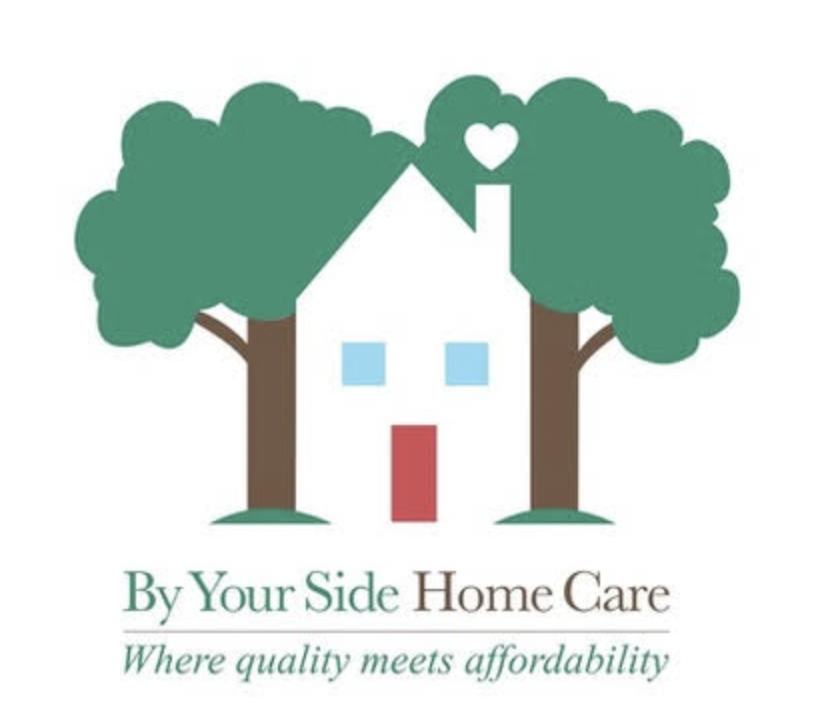Apply for Handicapped Parking
As our loved ones age, they may find that their world shrinks, especially if they have trouble getting around. This can lead them to socially isolate themselves and lose interest in life. So it’s important to find ways for them to stay mobile and independent.
One way is to obtain a handicapped parking permit. If your loved one is still driving, this could increase their independence and diffuse the concern about parking availability. If they have trouble getting around, this permit enables them to park near the entrances of establishments without the worry of a long walk.
Some of the requirements that need to be met to be eligible for a handicap parking permit:
Cannot walk 200 feet without stopping to rest
Cannot walk without the use of a brace, cane, crutch, wheelchair, or another person
Is restricted by lung disease
Uses portable oxygen
Has a cardiac condition
Any person meeting the requirements must have their disabilities certified by an authorized health care provider, law enforcement, or a U.S. Department of Veterans Affairs Regional Office Administrator.
Once approved, a permit will be issued for use in any vehicle which is being operated by or for the benefit of a person with a disability and may be used when that person is being transported in the vehicle. These permits are accepted in all 50 states.
If your loved one has disabilities that keep them from getting out and about, check out PennDOT Driver and Vehicle Services for details and more information on applying for a handicap permit. Here are some ways they could benefit:
Easier to get around – be able to park close and not worry about having to walk long distances to their destination.
Able to drive themselves to appointments or outings – not having the stress of finding transportation.
Be more independent – helps them to feel more capable and confident of being out in the world.
Broaden their horizons – lets them get out and not be limited to what is the most convenient.
Please contact By Your Side to discuss how we might be of help in keeping your elderly loved ones independent and safe.

